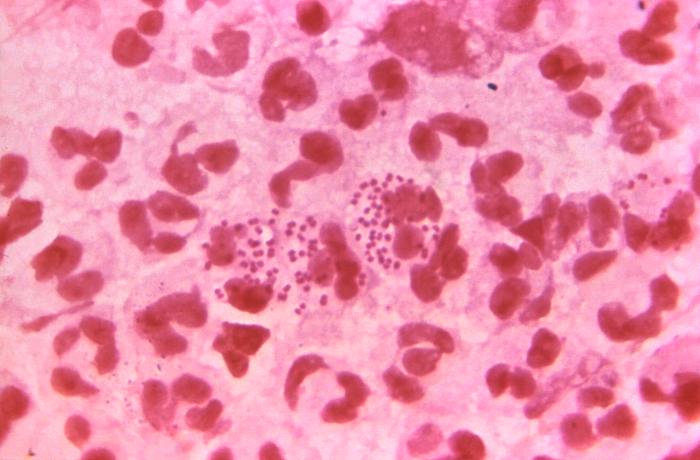Synthetic cannabidiol, better known as CBD, has been shown for the first time to kill the bacteria responsible for gonorrhea, meningitis and legionnaires disease.

The research collaboration between The University of Queensland and Botanix Pharmaceuticals Limited could lead to the first new class of antibiotics for resistant bacteria in 60 years.
The UQ Institute for Molecular Bioscience’s Associate Professor Mark Blaskovich said CBD – the main nonpsychoactive component of cannabis – can penetrate and kill a wide range of bacteria including Neisseria gonorrhoeae, which causes gonorrhea.
“This is the first time CBD has been shown to kill some types of Gram-negative bacteria. These bacteria have an extra outer membrane, an additional line of defense that makes it harder for antibiotics to penetrate,” Dr Blaskovich said.
In Australia, gonorrhea is the second most common sexually-transmitted infection and there is no longer a single reliable antibiotic to treat it because the bacteria is particularly good at developing resistance.
The study also showed that CBD was widely effective against a much larger number of Gram-positive bacteria than previously known, including antibiotic-resistant pathogens such as MRSA (methicillin-resistant Staphylococcus aureus) or ‘golden staph’.
Read more at the University of Queensland

